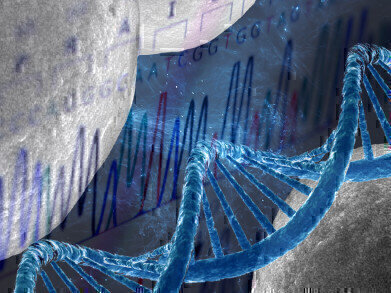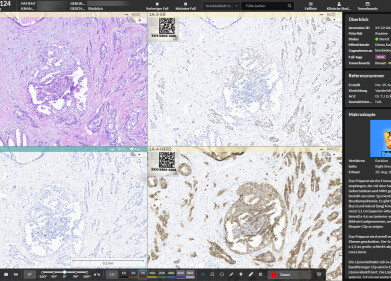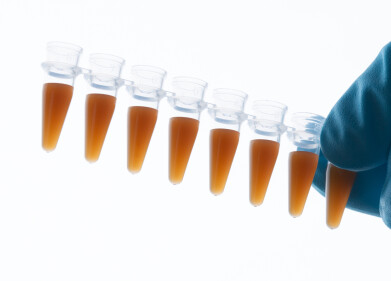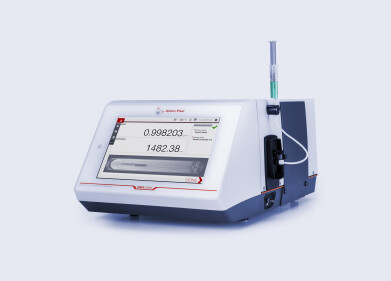Laboratory Products
New Magnetic Bead Based Products Launched
Jun 20 2016
Amsbio has announced two new additions to its MagSi range of magnetic bead-based products for protein purification, proteomics, and genomics applications.
Offering 100% compatibility with existing protocols, using magnetic bead products from the leading supplier, the clinical grade Amsbio MagSi kits require little or no re-validation and offer substantial savings in cost.
MagSi-NGSPREP Plus offers a simple and quick way to ensure consistent sequencing results. The new kit has been developed to provide an efficient solution for both size selection and clean-up of the successive enzymatic reactions in library preparation for Next Generation sequencing (NGS) applications. Using a proprietary protocol DNA fragments are bound directly onto the surface of the magnetic beads, leaving unincorporated nucleotides, primers, primer dimers, and other contaminants in solution. Finally, the DNA fragments are eluted with low salt buffer or reagent grade water. This simple and flexible protocol can be adjusted to your specific library preparation kit and NGS instrument. MagSi-NGSPREP Plus can be used manually but is also easy to automate for high-throughput processing. In conclusion: a simple and quick way to consistent sequencing results.
MagSi-DT Removal is a new magnetic bead-based kit that provides a convenient tool for ultra-fast and efficient purification of Dye-Terminator sequencing reactions and removal of unincorporated Dye Terminators and salts. Post-cycle sequencing reaction contaminants that interfere with sequencing analysis are removed by a rapid clean-up method without centrifugation or filtration. The kit can be used manually or on automated workstations using 96- and 384-well PCR plates. The kit uses a simple three step protocol and it can be used directly in the thermal cycling plate. Dye labelled DNA products are bound onto the surface of the magnetic beads, leaving unincorporated Dye Terminators and salts in solution. The DNA fragments are eluted with reagent grade water or 0.1 mM EDTA pH 8.0. The total preparation time is approximately 20 minutes and hands-on time necessary for the whole procedure is reduced to a minimum.
Digital Edition
International Labmate 49.6 - Sept 2024
September 2024
Chromatography Articles - HPLC gradient validation using non-invasive flowmeters Mass Spectrometry & Spectroscopy Articles - From R&D to QC, making NMR accessible for everyone: Putting NMR...
View all digital editions
Events
Oct 09 2024 Birmingham, UK
Oct 09 2024 NEC, Birmingham, UK
Oct 15 2024 Milan, Italy
Oct 17 2024 Dhaka, Bangladesh
Oct 20 2024 Fort Worth, TX, USA













.jpg)




